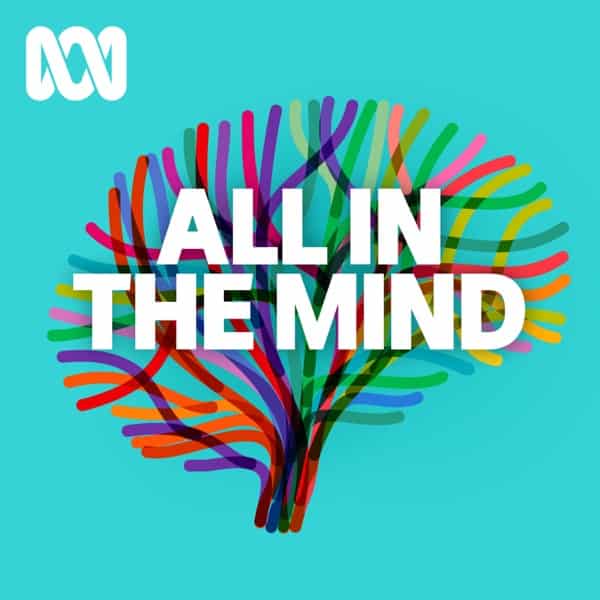It’s Not Memory Loss – Older Minds May Just Be Fuller of Information
So, It’s Not Memory Loss – Older Minds May Just Be Fuller of Information is the kind of finding that makes sense to me. I’ve met plenty of older peeps whose memory is just fine. They can remember all sorts of stuff they do regularly. though as you would expect, they can get confused by all the other information they have to sort through.
I’ve noticed the same each time I play tennis at lunch!!! In the first set calling the score is easy. Everyone can do it. Later on though mistakes start occurring. We can’t agree if it’s 30-40 or 40-30. We run through the points that have just been played. You know how it goes.
Deja vu
Though a knowledge of psychology makes it easier to understand the problem. The scoring system in tennis encourages repetitive score lines and essentially Deja Vu. You have to really use your memory well in order to keep an exact track of events because by the end of a match every possible score line is likely to have occurred and thus each scoreline will feel relevant or at least recent. So figuring out what happened only a few shots or points ago starts to become a bit muddled. This happens independent of the age of the players.
The study reports:
older adults’ performance on cognitive tests reflects the predictable consequences of learning on information-processing, and not cognitive decline.
The point here is that this happens to any one for predictable and standard reasons. For younger people new information has no or little conflict with what they already know. For older people most things conflict or update what they already know. So they can start to get confused about what is the correct version of information they need to use or present right now.
Computer memory has the same problem!!!
This is actually the exact same reason a computer gets slower over time and use because at first there is only so much information stored in its memory (hard drive). So it’s really easy to find what is needed or know that it’s not there.
Over time more of the memory gets used and much gets changed and over written. So things become really cluttered. In fact your computer memory often starts breaking apart whole chunks of information and storing them separately. Putting it all back together when needed. As you can imagine this requires a lot of administration and effort. Taking time and slowing things down. The complexity also means more can go wrong. Details of where memories and their parts are stored can get lost or broken.
Organising and accessing information
If this sounds like your human memory I think it’s because the principles are essentially the same. Organising and accessing a lot of information is obviously much much harder than organising and accessing a lot less information.
So I like this article It’s Not Memory Loss – Older Minds May Just Be Fuller of Information because it fits what I have seen all my life and also what I see in technology. The same problems generally have the same solutions. It also makes me feel more positive about my memory as I age. Something to support what I believed anyway.
A well honed body and mind
Though I still feel it’s important to keep fit because what your body can do reflects what your brain can do. If your body isn’t fit and thus fast, strong and well honed then why would your brain be. All the evidence points to fitness affecting the whole body not just individual parts.
In fact, the new study is not likely to overturn 100 years of research, cognitive scientists say. Neuroscientists have some reason to believe that neural processing speed, like many reflexes, slows over the years; anatomical studies suggest that the brain also undergoes subtle structural changes that could affect memory.







